Cold rolling oils – Oil spray, droplet size and carbon emissions
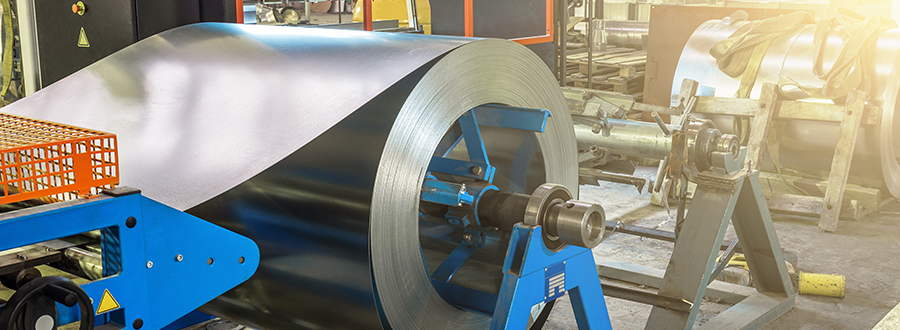

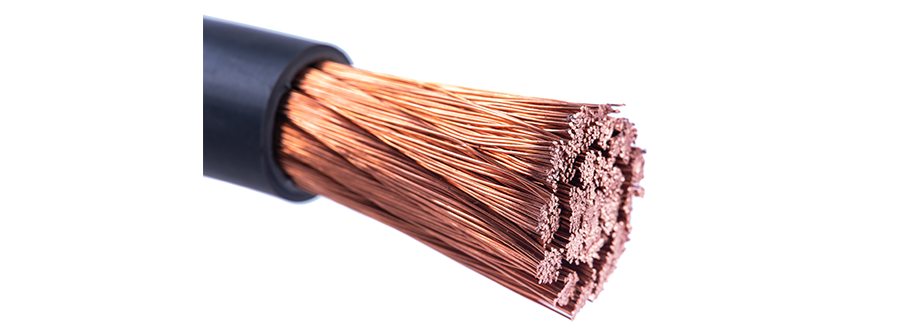
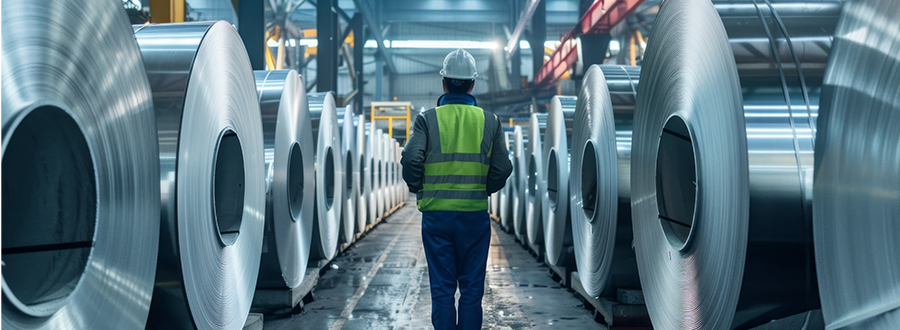
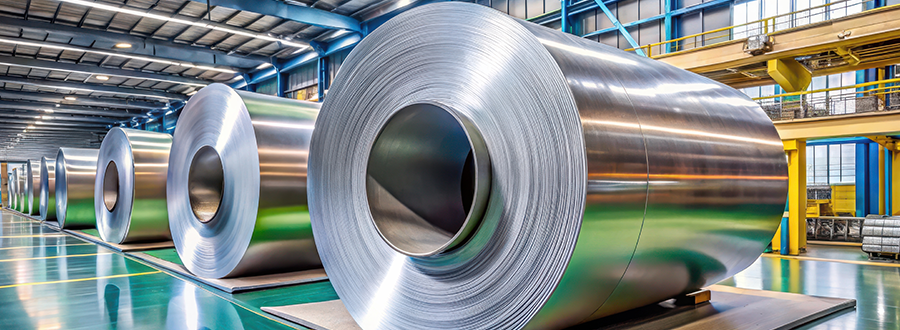
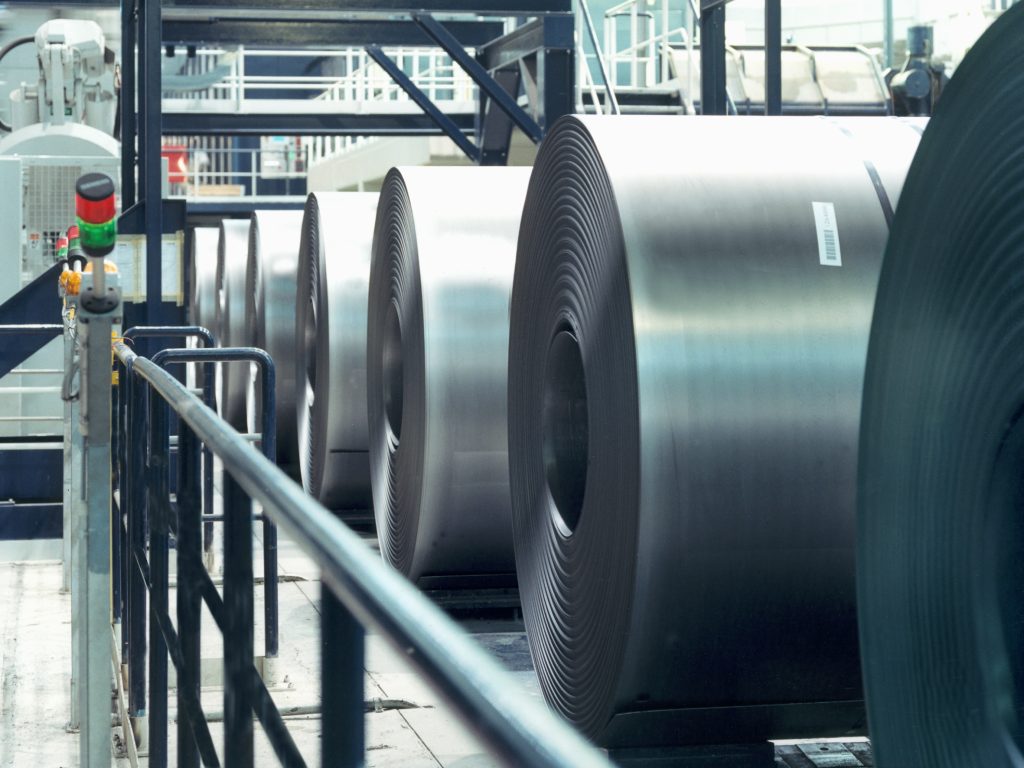
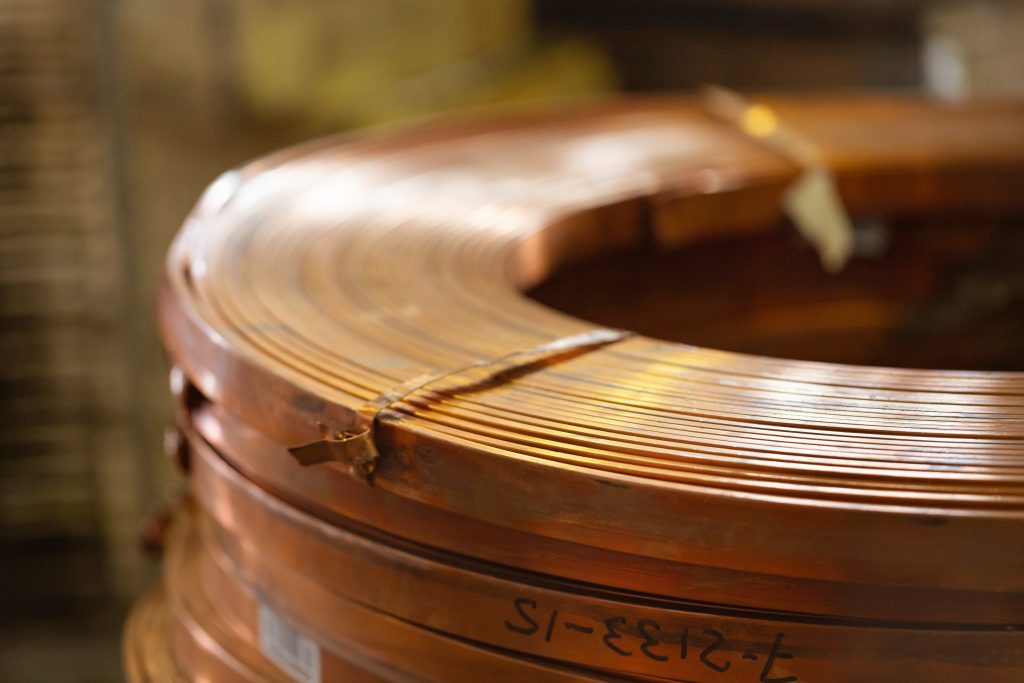

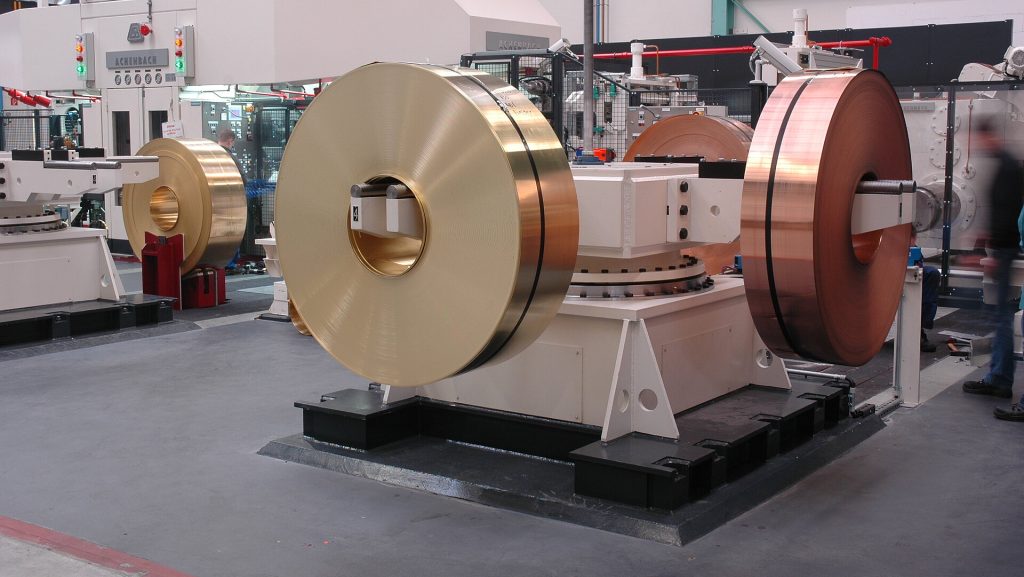
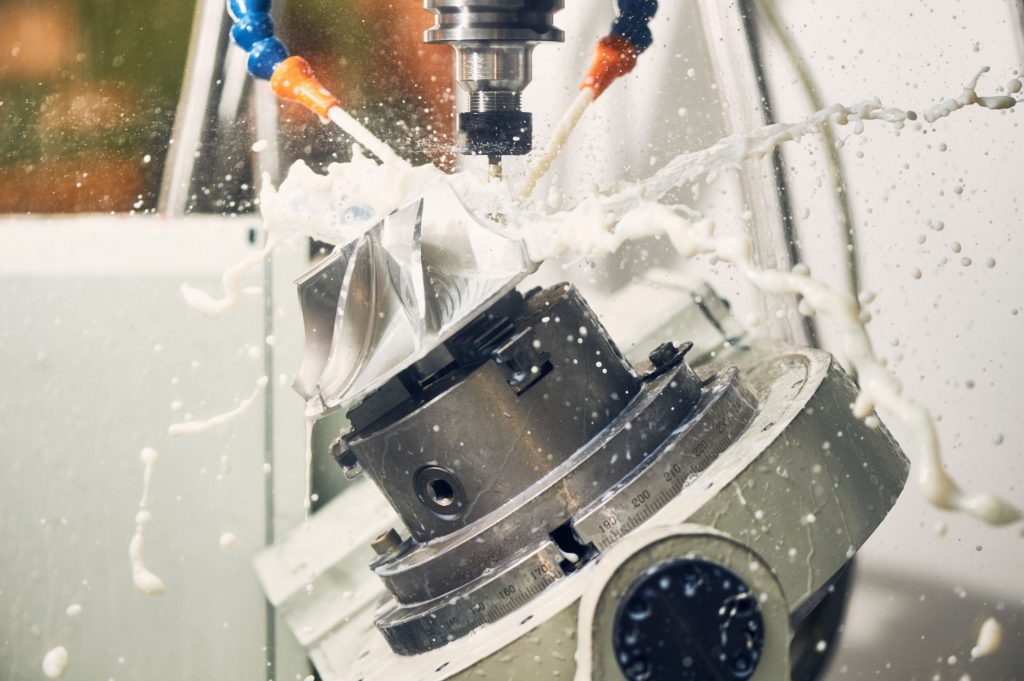
At Q8Oils, the answer is quite a lot! We have produced a paper to give you the key facts about aluminium, from its properties and classification to important considerations in the machining process.

Getting the most from your metalworking fluid is all about choosing the correct equipment. Using the right equipment makes it possible for you to enhance the life of your fluid, improve its longevity and prevent problems in the future. So, what equipment should you use?